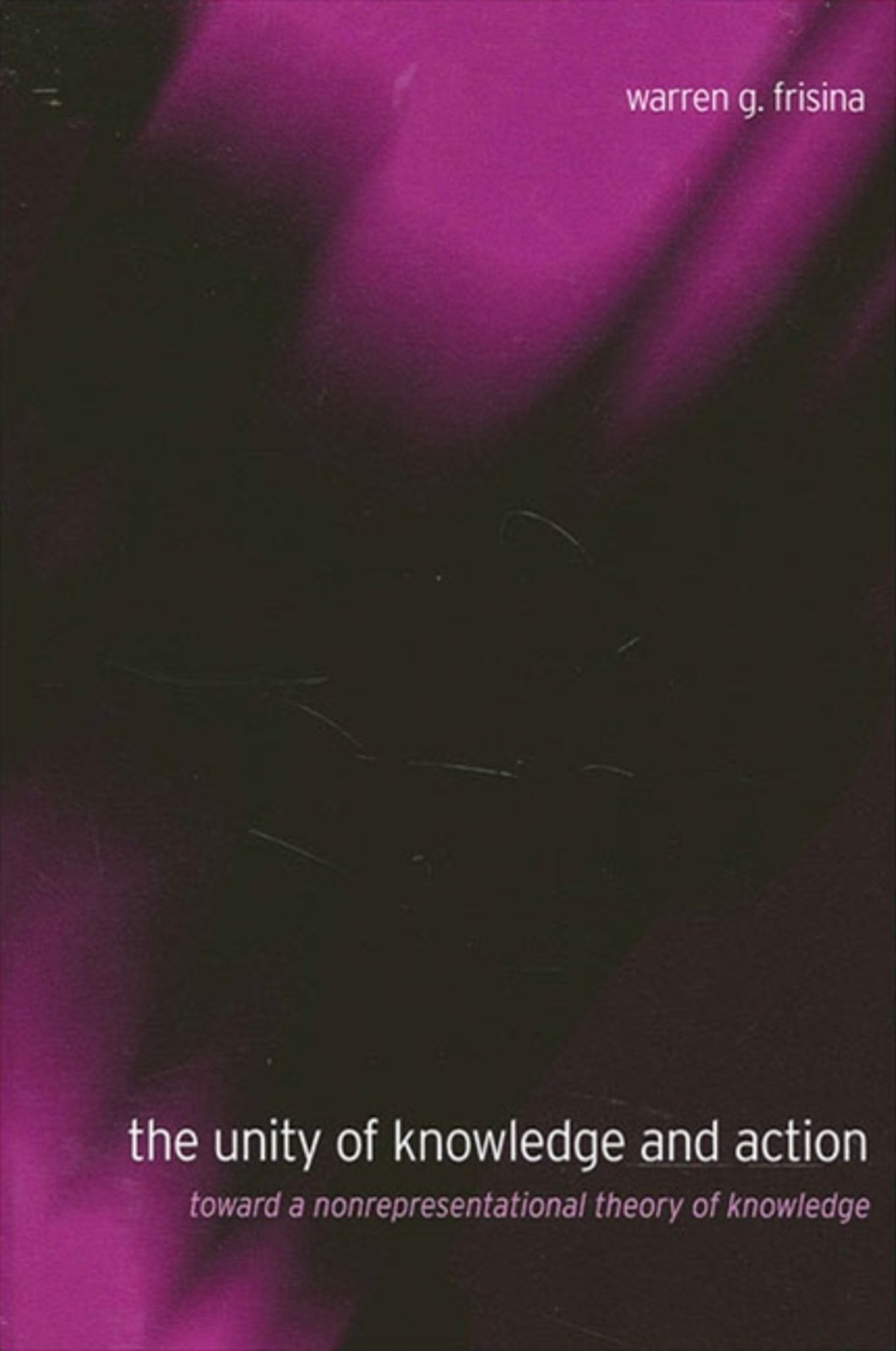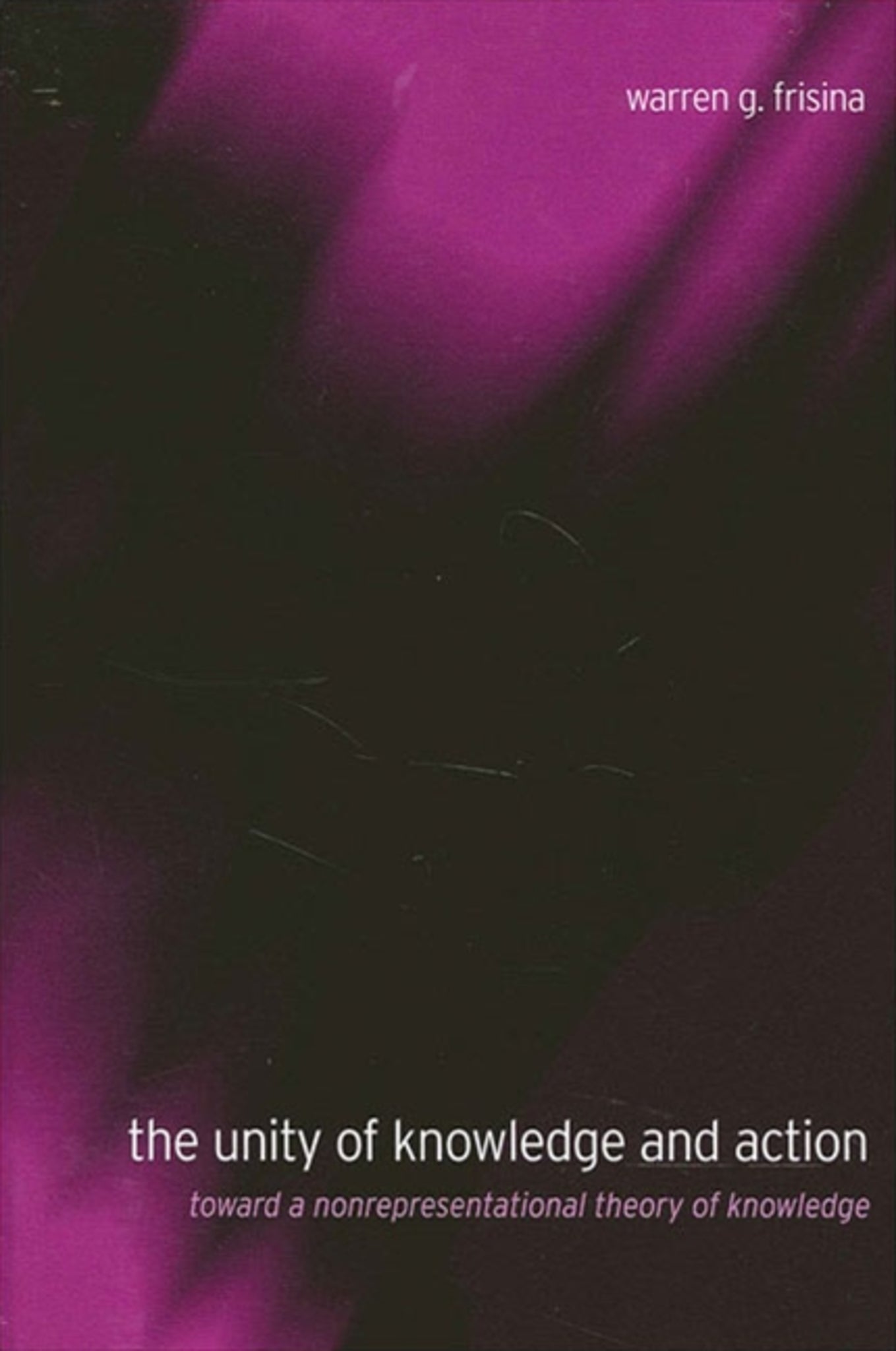We're sorry. An error has occurred
Please cancel or retry.
The Unity of Knowledge and Action

Some error occured while loading the Quick View. Please close the Quick View and try reloading the page.
Couldn't load pickup availability
- Format:
-
01 August 2002

Uses the thought of Wang Yang-ming, John Dewey, and Alfred North Whitehead to explain a more coherent theory of knowledge.
Building upon insights from the sixteenth century Neo-Confucian Wang Yang-ming, the American pragmatist John Dewey, and the process philosopher Alfred North Whitehead, this book argues that knowledge is best understood as a form of action. Many of the most puzzling philosophic problems in the modern era can be traced to our tendency to assume that knowledge is separate from action. Letting go of the sharp knowledge-action distinction, however, makes possible a more coherent theory of knowledge that is more adaptive to the way we experience one another, the world, and ourselves. By responding directly to problems raised by contemporary thinkers like Charles Taylor, Donald Davidson, Richard Rorty, Daniel Dennett, Mark Johnson, George Lakoff, and Robert Neville, this book maps out a strategy for making progress in the contemporary quest for a "nonrepresentational theory of knowledge."


"The author's discussion of works of Davidson, Rorty, Taylor, and Dennett not only lays out the central problems of representational theories within epistemology itself but also elucidates the significant implications of such epistemology for our understanding of the self, of the human mind, and of the way we experience, one another and the world." — Journal of the American Academy of Religion
"Frisina has moved comparative Asian/Western philosophical activity beyond its usual level of mere comparison to that of the active engagement of alternative sensibilities in which each participant to the debate is able to benefit from the others. This is a significant contribution to the current engagement between American pragmatism and Asian Neo-Confucianism that promises to bear fruit for generations to come." — David L. Hall, coauthor of Thinking from the Han: Self, Truth, and Transcendence in Chinese and Western Culture
"Frisina has put together an unlikely group of philosophers to make a compelling argument. It is a 'page turner' and a most enjoyable read." — Roger T. Ames, coeditor of Self and Deception: A Cross-Cultural Philosophical Enquiry
Acknowledgments
Introduction
PART I. Preliminary Remarks
1. Knowledge and the Self: Charles Taylor's Sources of the Self
2. Antirepresentationalism in Late- and Postanalytic Philosophy: Donald Davidson and Richard Rorty
3. Minds, Bodies, and Consciousness: Daniel Dennett's Consciousness Explained
PART II. Preliminary Remarks
4. Are Knowledge and Action Really One Thing? Wang Yang-ming's Doctrine of Mind
5. Knowledge as Active, Aesthetic, and Hypothetical: The Relationship between Dewey's Metaphysics and Epistemology
6. A Pragmatic Interpretation of Whitehead's Cosmology
PART III. Preliminary Remarks
7. Minds, Bodies, Experience, Nature: Is Panpsychism Really Dead?
8. Heaven's Partners or Nietzschean Free Spirits?
9. Knowledge, Action, and the Organicist Turn
Notes
Works Cited
Index



